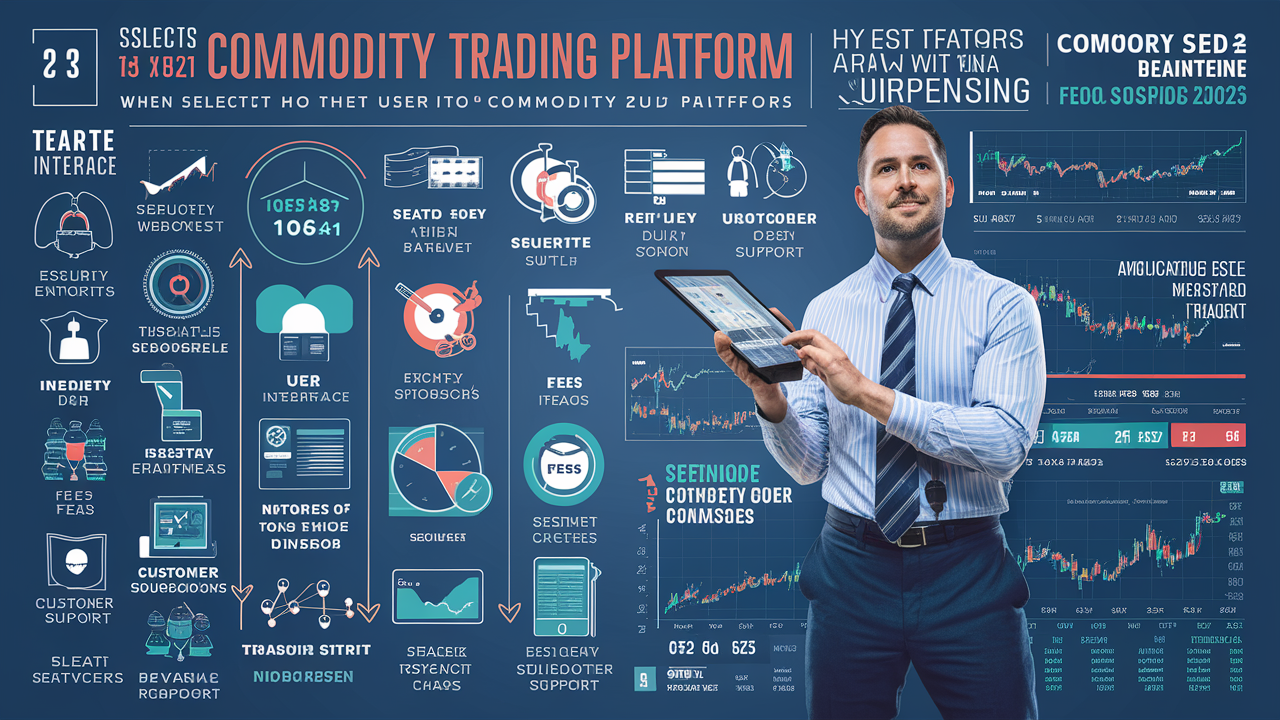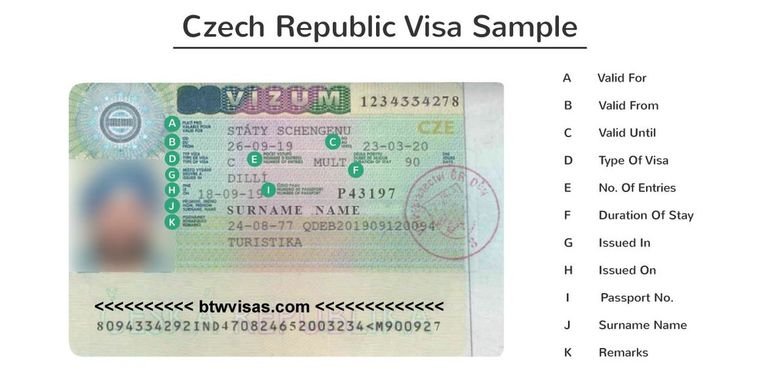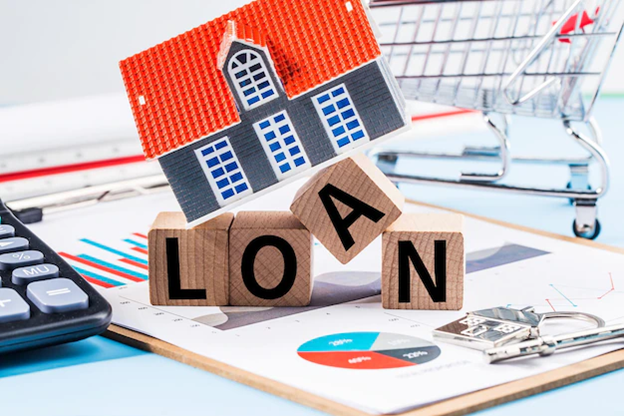A commodity is an essential good traded; it can be exchanged for other goods. For instance, basic examples of commodities include cereals, gold, livestock, oil, and natural gas. More than that, commodities may make an essential instrument for investors to diversify their portfolios outside conventional means. A platform for commodity trading platform is software that interfaces to allow traders to enact trades, market trends, and manage their investments. A gateway into the commodity market, it offers tools and data to assist an investor in making decisions about investing. Utilizing a reliable platform ensures accurate real-time pricing data and safe transactions, with effective navigation in the complexities of commodity markets.
Top tips to consider when choosing a commodity trading platform
There are several critical factors in choosing a commodity trading platform, and their impact on your experience in trading will be significant, not to mention success. From security and reliability to user interface and available tools, making an informed choice is vital to maximizing efficiency and reaching your financial goals. The following are the factors:
User interface and usability
The UI of a commodity trading platform forms a significant part of your entire experience. The best platforms should have intuitive interfaces that are easy to navigate with transparent access to vital trading tools and features. A good layout with customizable dashboards and charts will be crucial for you as a trader to focus on. You can keep track of market trends and analysis while placing orders. Also, consider its accessibility on different devices. Some platforms also offer mobile apps and web versions, allowing you to trade on the go.
Trading tools and features
The accessibility of trading tools and features is also one of the vital factors that can help you make an informed trading decision. Real-time market data and highly advanced charting tools with technical analysis indicators and news feeds should be provided. Each of these puts one in a position to analyze the price changes, identify trends, and execute trades at the right time. Other features may include demo accounts for practice or educational resources. This can be invaluable, especially for beginners learning and refining their trading strategies.
Commodity selection and market access
While a variety of commodities available for trading on it is another criterion, commodity-specific or narrow specialization to a broad offering might characterize different platforms. Consider whether the platform offers access to the range of traded commodities you are interested in, such as metals, energy products, agricultural products, financial instruments, futures contracts, etc. Some trading platforms also provide access to the world markets where one can trade in commodities listed in some exchanges around the globe.
Consider the fees and costs
Fees and costs can widely differ across different platforms and may manifest in the diminution of your profit. Moreover, some may have commission-free commodities while charging tiered fees according to trade volume. Also, get to know if any hidden costs or inactivity fees may be levied on you if you fail to meet the minimum trading requirements. Knowing the cost structure at the outset will help you calculate the potential trading cost and decide on the platform that fits within your budget and trading frequency.
Security and reliability
Security is something you ought to look for in a commodity trading platform. They have to have two-factor authentication, which shall ensure that you have login thresholds and secure payment where money can be transferred easily. The reliability of the platform and up-time are also essential. A reliable platform should have minimal downtime and technical issues, ensuring you can access and trade on the platform whenever needed. Read reviews and consider the platform’s track record for handling high volumes of trades.
Customer support
Platforms should be responsive via live chat, email, or phone. More importantly, they must have support staff who can address technical ‘how-to’ questions about account management and give guidance on the effective use of the platform. Availability of support during their trading hours is crucial. This holds good, especially if you are trading in diverse time zones or periods of volatile markets. Also, read through reviews or testimonials of other traders who can help you understand the platform’s reputation in offering customer service to its clients.
Regulation and compliance
That the commodity trading platform is regulated and compliant with relevant authorities is part of the investment protections. The regulated platforms must operate under strict standards and guidelines set by financial regulators and may think transparency, security, and fair trading practices. Check if the platform is duly licensed by relevant regulatory bodies of the jurisdiction in which it operates and whether it adheres to industry best practices. Prioritize platforms prioritizing compliance and transparency to mitigate the risks with trading.
Execution speed and order types
Execution speed, or how long orders process, can make or break your trading in fast-moving markets. Hence, this factor is the evaluation of the execution speed of the platform. The execution speed becomes all the more important due to the low latency and minimum slippage on the platform. That can easily mean getting the exact price at which one intends to enter and exit a trade. Besides this, you will also need to look at the types of orders. Some primary order types must let you place a market order, limit order, etc.
Educational resources and community
Educational resources supplied through tutorials, webinars, articles, and trading guides will help beginners understand the basics of commodity trading. On the other hand, the experienced ones get a chance to fine-tune their strategies. Also, if the platforms have active communities or forums for trading, one can get valuable insights and a chance to discuss things with other traders. Always give first preference to a platform that helps create a supportive learning environment so that one can build trading expertise with time.
Final words
To sum up, the key to realizing full investment potential and minimizing risks is choosing the right platform for commodity trading. Advanced tools, real-time market data, and the highest security features make a top-notch platform that allows informed decision-making and quick execution of operations. This is a well-integrated, user-friendly experience with ample customization to fit your strategies and goals and efficiency and reliability. The best share market platform offers the latest technology and extensive backing to move intelligently in the challenging waters of commodity trading. Opt for the right one to enhance your form of trading experience and achieve financial goals that deliver the best results.







